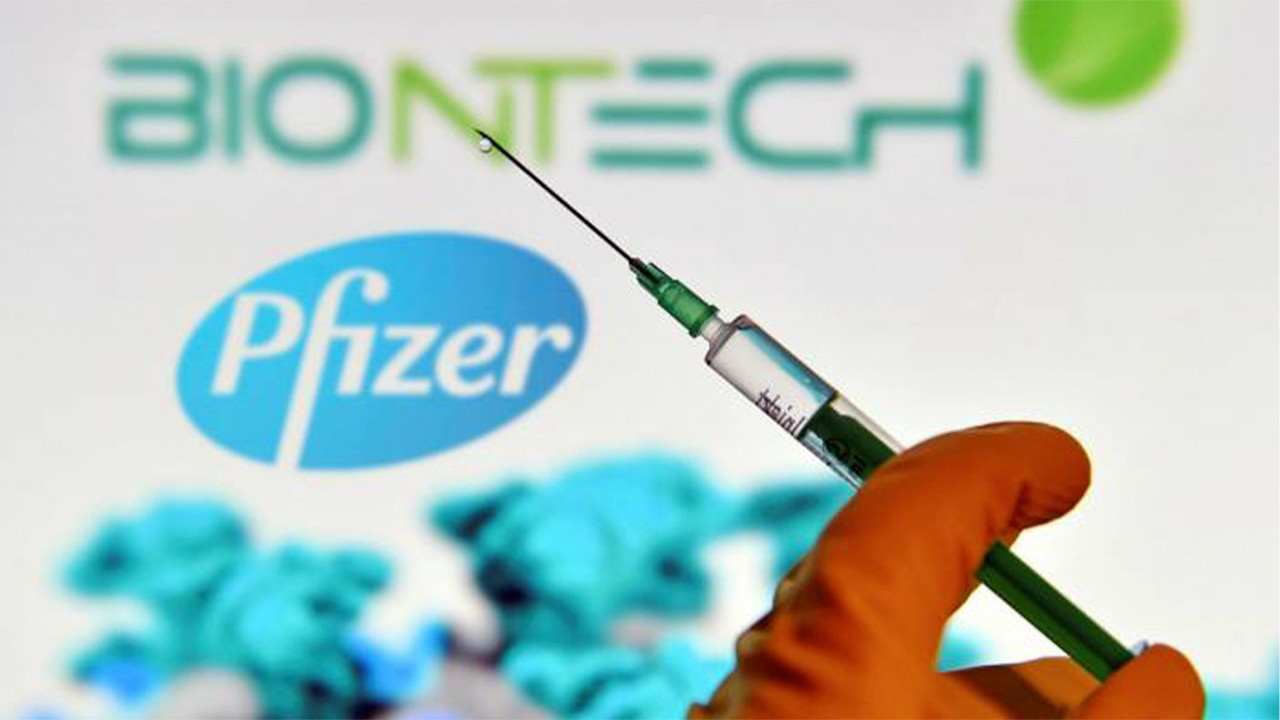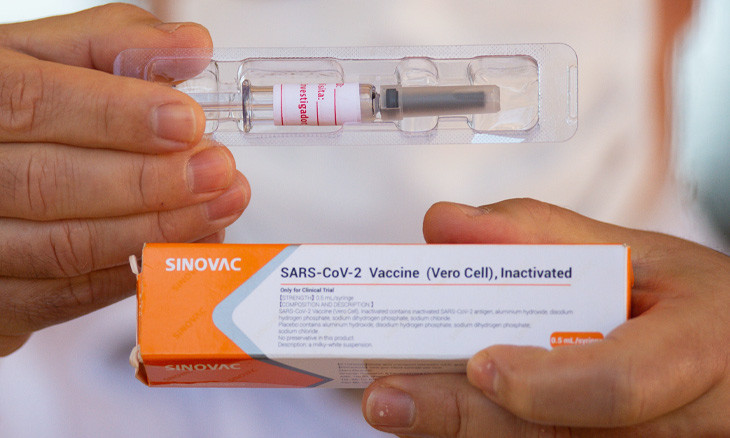Experts urge caution on early use of China's Sinovac vaccine in Turkey
Turkish experts have urged caution on the early use of China's Sinovac vaccine, saying that the results of the Phase III trials must be seen before vaccination begins. The vaccination should start after all results regarding its protectiveness are shared and approved by independent institutions," Emrah Altındiş, an Assistant Professor at Boston College and an adjunct faculty at Harvard Medical School, said in an interview on Dec. 5.
Duvar English
Turkish experts have voiced skepticism on the Health Ministry's statement that China's Sinovac vaccinations would begin on Dec. 11, saying that its Phase III trials haven't been completed yet.
"It shouldn't start on Dec. 11. The vaccination should start after all results regarding its protectiveness are shared and approved by independent institutions," Emrah Altındiş, an Assistant Professor at Boston College and an adjunct faculty at Harvard Medical School, said in an interview on Dec. 5.
"There is a light at the end of the tunnel, but it can't be reached rapidly," he said.
Health Minister Fahrettin Koca previously said that the vaccination is set to begin on Dec. 11
"The important thing here for us to start using vaccines which are known to be effective and reliable ... I think the vaccination calendar could start on Dec. 11," Koca said, adding that Turkey signed a contract to buy 50 million doses of CoronaVac COVID-19 vaccine from China's Sinovac Biotech.
Turkey is expected to prioritize health workers once vaccination begins.
Sinovac's experimental COVID-19 vaccine CoronaVac triggered a quick immune response, but the level of antibodies produced was lower than in people who had recovered from the virus, preliminary trial results showed.
During the interview, Altındiş also said that vaccines developed by Moderna and Pfizer are the most protective and safe ones at the moment.
"When we look at the Sinovac vaccine, it's Phase 1 and Phase 2 results were revealed in November. According to these results, the vaccine is safe and generates an immune response. Its Phase III trials are ongoing in Indonesia, Brazil and Turkey and their results are expected to be shared in December," Altındiş said.
"I hope the results turn out to be positive. If its protectiveness is proven, then we have to go get vaccinated without a second thought. But we have to wait for now," he added.
While experts agree that Pfizer's vaccine is reliable, Turkey lacks the infrastructure to stock it.
Another expert, Prof. Kayıhan Pala from the Turkish Medical Association (TTB), said that there is no scientific data on how Phase III trials are ongoing.
"We don't know whether it's safe and effective. A license should be obtained from the World Health Organization or the European Medicines Agency," Pala said, adding that Turkey preferred Sinovac because it's cheaper than others.
Prof. Mehmet Ceyhan voiced similar warnings, saying that vaccination shouldn't begin until its effects are proven.

 'Turkey lacks infrastructure to stock BioNTech-Pfizer vaccine'Coronavirus
'Turkey lacks infrastructure to stock BioNTech-Pfizer vaccine'Coronavirus Turkey begins Phase III trials of Chinese COVID-19 vaccineCoronavirus
Turkey begins Phase III trials of Chinese COVID-19 vaccineCoronavirus Brazil suspends trial for COVID-19 vaccine tested in TurkeyCoronavirus
Brazil suspends trial for COVID-19 vaccine tested in TurkeyCoronavirus